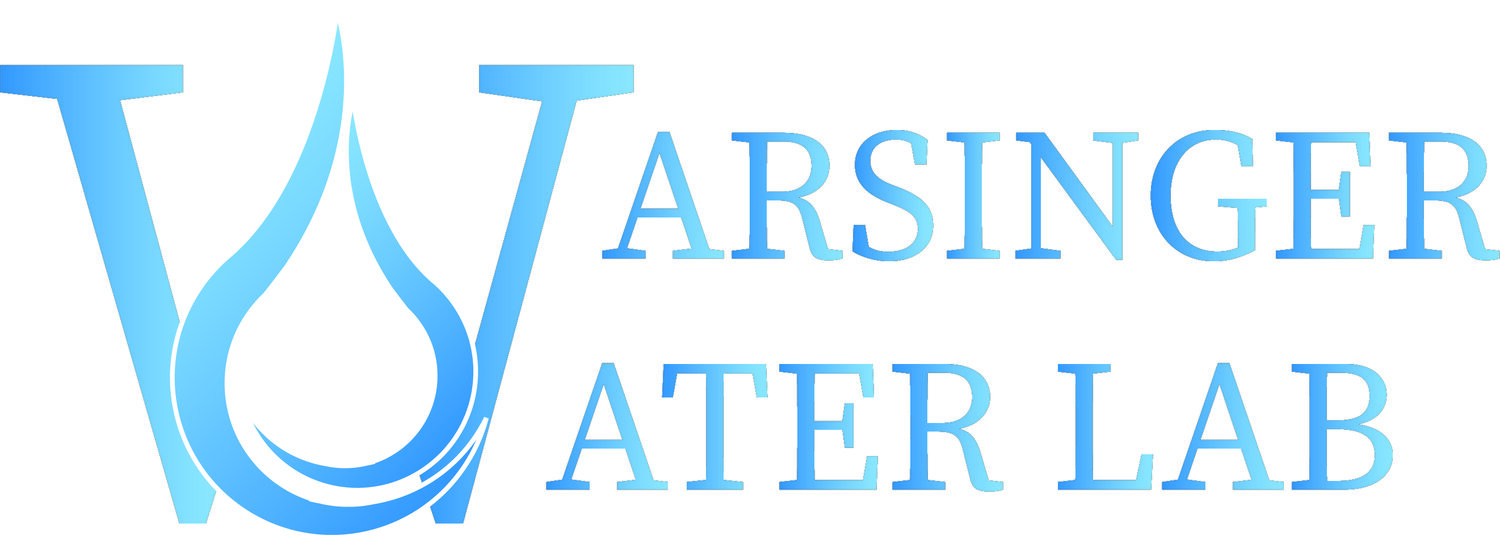A commentary drafted as a PhD student myself, by Dr. David Warsinger
There are few groups with such a disparity between poor productivity habits, but great potential, than PhD students. Typical PhD students, in their last few months before their defense, produce more publishable scientific results and write more content for papers than the rest of their PhD combined. In MIT’s mechanical engineering department, it’s not uncommon for students to produce only 1 or 2 first author papers in their first four year of graduate school, while finishing 3 or even 5 as their final year wraps up. While I was a student, I made my own approximate of how myself and peers spent their time in lab in the first year;
So what is the source of this pandemic of unproductivity? If scientific progress is the bedrock for human progress, and the majority of it is produced by the PhD’s themselves, should this wasted potential make us panic?
A significant piece of this waste is evident from the typical lab environment. You take young people with often no work experience, plop them in front of a computer with internet, remove any daily oversight, surround them with interesting socialable peers, give them no clear deadlines besides “graduate eventually”, leave them with undefined goals, and surround them with the infinite distractions of coursework and university activities. This is made worse by the diametrically opposite demands of science compared to the coursework from childhood through grad school, which regiments assignments with precise deadlines, rules, and evaluation criteria. Add to the mix the modern Professor, an advisor with a million other responsibilities than advising, and you have a recipe for a lost-time cake. Graduate students are tasked with tackling the hardest brainest problems science has to offer, and often aren’t given the foggiest clue how to go about doing so. There aren’t courses on “how to science,” instruction manuals on spending time well, or widely available mentors tasked with teaching such (the other students get to graduate once they finally figure it out!). This student isolation is worsened by a common lone-wolf expectation culture for PI’s, who are often discouraged from collaborating so they get “the credit” and tenure. So there are rarely available peer researchers at hand who can tell them quick solutions to solve common problems. There are exceptions of course, who find ways to be productive. Indeed, those students competitive for top academic jobs realize what is possible, and can coauthor 30 or more papers or patents during their PhD while completing their degree early (like my inspirational friend Nenad).
So, how do we solve this problem? There are too many ideas to list, but a first approach should be tackling each of the contributing problems. The severe knowledge gaps on researching and self-productivity can be addressed, perhaps with heavy reading or coursework. The silo’ed environment can be reduced, perhaps by increasing collaboration, exposure to researchers with similar projects, and a dramatic change in the culture of collaboration at the student and university level. Productivity should be evaluated with processes and software, and analyzed by students and their mentors. Student expectations need to be very clear, and role models made apparent.
While I wrote most of this as a student myself, as a PI now I try to cultivate a list of books, required written training material, clear student guideline documents, and a highly collaborative lab environment. Despite these challenges, graduate students today are the cornerstone of most research progress- imagine a world where we had them operating productively!
Some days are slower than others. Much slower… (from PhD Comics)


